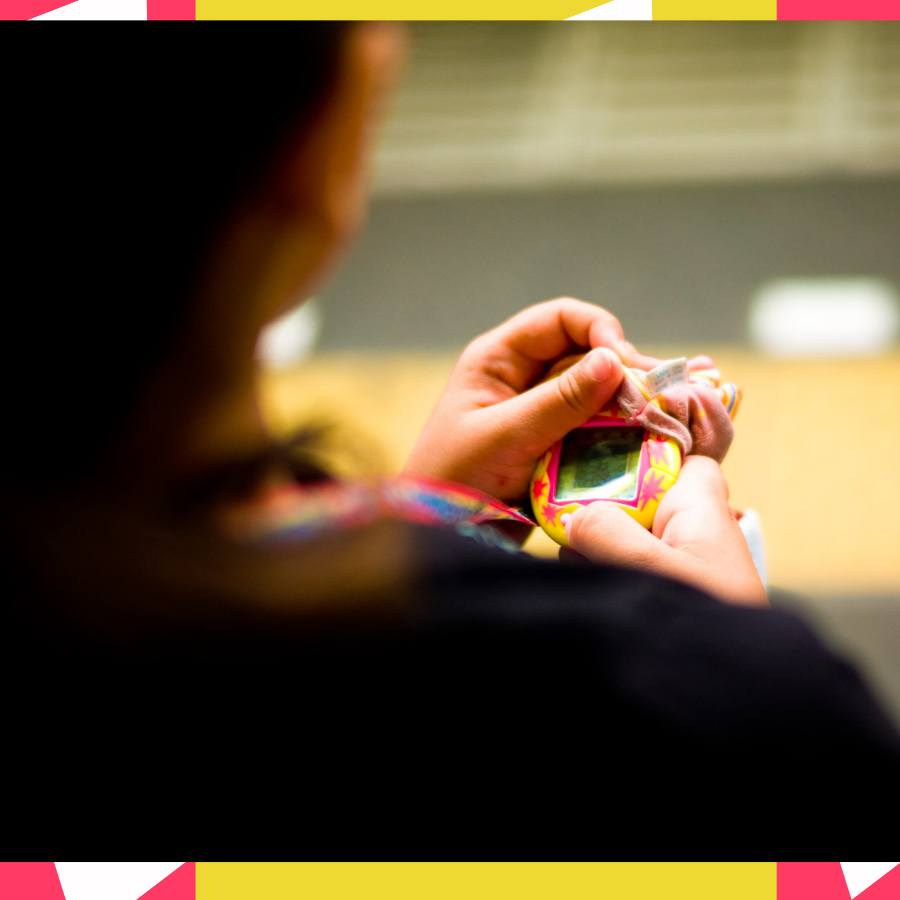This post may include affiliate links, which means we make a small commission on any sales. This commission helps Feminist Book Club pay our contributors, so thanks for supporting small, independent media!
Nostalgia is a source of comfort. Sometimes looking back can provide an escape from what’s to come or our current predicament. So it shouldn’t come as a shock that millennials are heavily gravitating towards products (movies, concerts, and even toys) that hearken back to our childhood. But, as some note, this push to go back feels as if it is being visited upon us relatively early.
The feelings of nostalgia tend to focus on relationships, which can help us increase our sense of community and belonging, of social connectedness, and of personal growth and continuity. In doing so, nostalgia can provide us with positive memories intertwined with our lived experiences – both trying and fulfilling. Funnily enough, then, nostalgia can in its own way remind us that we can, indeed, overcome.
— Highbrow Magazine
While publications like Fast Company posit that the prominence of “retro-gazing” among millennials is due to them being the social media generation, and social media bombards users with memories, this can be unpacked further. Why are the memories resonating with this group so much? And why so early? There’s another theory out here that seems plausible, but it is quite disheartening.
For Millennials, The Present May Not Be A Gift
By and large, millennials have inherited a terrible predicament that was born and perpetuated by policies created by earlier generations. Feelings of stagnation and ennui would have anyone looking back to a time when this wasn’t their reality.
In 2020, The Washington Post dubbed millennials the “unluckiest generation in U.S. history.” The article goes on to mention a slew of harrowing trends, such as:
- Millennials have seen the slowest economic growth of any generation.
- While millennials’ employment rate recovered following the Great Recession (2007-2009), their earnings never did.
- Despite getting married and having children later, millennials have a much smaller financial cushion than other generations did at their age
- Millennials are the most educated generation, but this is offset by the amount of debt they have accrued. The effects of this are more pronounced among Hispanics and African Americans.
- As a result, the wealth gap between Black and white households continues to widen.
Mind you, this all came from a single news story. This doesn’t even cite additional research indicating that nearly half of millennials have foregone necessary medical care because they can’t afford it, they are living with their parents longer than Boomers and Gen X (presumably due to a bleak economic landscape), and millennials’ homeownership rate is much lower than the previous generations. It’s worth reiterating that marginalized groups typically feel the brunt of this the most.
Considering all of this, why wouldn’t millennials want to seek comfort in the past? The present isn’t too kind and, oftentimes, it feels like the future shows no sign of letting up.
The Takeaway
Millennials’ apparent infatuation with toys and all things nostalgic is certainly interesting from a marketing standpoint, but it certainly shouldn’t be used as a point that they can’t seem to “grow up.” It’s also reductive and infantilizing to use the term “kidults,” to describe adults who dare find enjoyment in things that are also enjoyed by children. Ironically, these outlets also note that these “childish” millennials have almost single-handedly kept the toy industry afloat with their very-adult money.
If there’s anything that should be taken away from this post it’s that millennials didn’t create this environment, but they’re trying their best to weather it.
A report from earlier this year found that there has been a 57 percent increase in millennial political candidates seeking office since 2020. What research like this shows is that millennials aren’t just playing with toys, eating avocado toast, and wallowing in self-pity. They’re also out here trying to create change, regardless of nostalgia.
Suggested Reads:
- Can’t Even: How Millennials Became the Burnout Generation by Anne Helen Petersen
- Why Millennials Can’t Grow Up in The Atlantic
- Millennials: America’s Favorite Scapegoat in FEE
- Black Millennials: Identity, Ambition, and Activism by Jacquelin Darby



Pingback: Millennials face the ultimate âadultingâ choice: should they have a baby or take care of their parents?